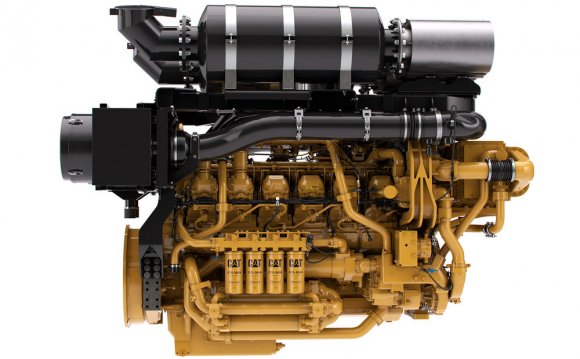
This year’s Frankfurt Automobile Show has been marked by an impressive presentation of electric cars. New manufacturers like BMW and Volkswagen have entered the fray, with considerable delay, to contest the dominant position of incumbents like Nissan/Renault, Daimler and GM. No major manufacturer can any longer afford not to offer a range of electric cars.
There is still no reason for euphoria, though global sales of electric cars have exploded during the last two years, from 45, 000 units in 2011 to 113, 000 units in 2012. By the end of 2012 the stock of electric car was no more than a minuscule 0.02%of all cars in circulation on earth, two thirds of which in the US and Japan.
According to the ‘Electric Vehicles Initiative’, which groups the major manufacturers, in 2020, the number of electric cars might reach 20 million units, two per cent of the global stock of passenger vehicles. China, USA, Japan and Europe are expected to be the forerunners.
To reach these numbers:
- The performance of batteries in terms of weight, cost and range must improve substantially.
- The charging time must fall much below 4-12 hours for slow charges and 0.5-2 hours for fast charges projected for 2020.
- The number of charging stations must increase dramatically and; plug-in charging at home and the work place become much easier.
- The price differential between electrical cars and fuel efficient gasoline cars must shrink substantially.
As long as these conditions are not met, electrical cars will remain a niche market for well-to buyers who can afford an extra city car. But electric cars cannot offer suitable solutions for the crowding/parking problems of modern cities; these must be addressed by public transport, bicycles and e-bikes.
From an environmental perspective, there is no need for an ultra-rapid replacement of the internal combustion engine. Of course, electric cars are more energy-efficient. But as long as electricity is not fully provided from wind or solar sources their impact on C02 emissions will be negligible. Tougher emission and fuel-efficiency standards are far more effective to cope with C02 emissions than a rush towards electric cars.
It is therefore difficult to make an environmental case for purchase subsidies on electrical cars that countries like France and UK offer. It is much more important to invest in the development of batteries with low weight and short charging time.
The trend towards e-mobility will largely depend on the pace towards more expensive gasoline prices, in the wake of rising production costs or much higher gasoline excise taxes in all countries. These perspectives seem far away.
We should be content to see half of the global vehicle stock made up of electric vehicles by the middle of the century. Even that would require extraordinary transformations in the global car industry.
For climate policy, the promotion of electric vehicles should remain a marginal issue. It should focus on raising energy efficiency and generating power from renewable sources.
Eberhard Rhein, Brussels, 15/9/2013
Author : Eberhard RheinRELATED VIDEO












